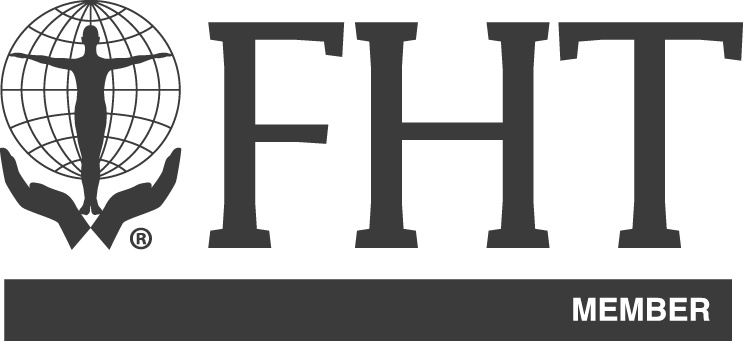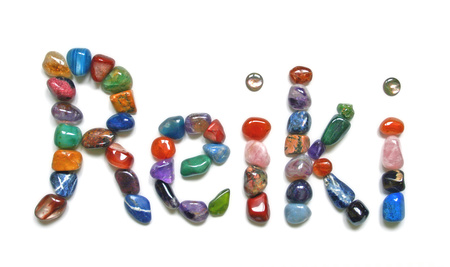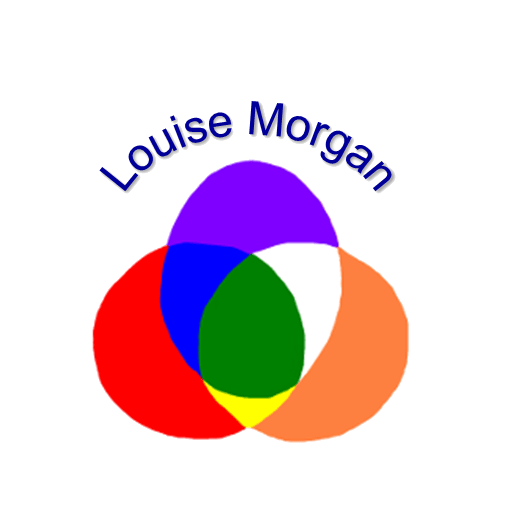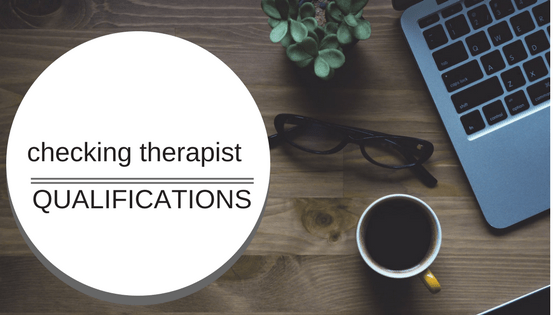When you enter the realm of complementary therapy you will soon discover there is a vast variation of qualifications and it can be difficult to know how qualified the therapist you are visiting is. Some therapists may have completed lengthy courses with case studies and in house training, while others may have completed a weekend course or online training. And to make things even more complicated, in some instances this may be fine, but in others it won’t be.
So, how do you navigate this minefield?
One of the easiest ways to check how qualified a therapist is, is to check if they are part of any membership bodies. I’ve chosen to be part of three 

 memberships: the IFPA is the International Federation of Professional Aromatherapists, the AoR is the Association of Reflexologists and the FHT is the Federation of Holistic Therapists. I chose to be part of these as each represents the modalities I focus on, some therapists may be part of one or several memberships depending on their own business. Being part of a membership costs the therapist in membership fees and time, as they have to abide by a code of ethics and make a commitment to completing continuing professional development. If a therapist is part of a large membership, then you can check that the membership application ensures its therapists are trained to a national standard. The memberships I am part of ensure only suitably qualified therapists can join their associations, however, they are not the only membership organisations available for these therapies, so you may find other therapists belong to different membership bodies.
memberships: the IFPA is the International Federation of Professional Aromatherapists, the AoR is the Association of Reflexologists and the FHT is the Federation of Holistic Therapists. I chose to be part of these as each represents the modalities I focus on, some therapists may be part of one or several memberships depending on their own business. Being part of a membership costs the therapist in membership fees and time, as they have to abide by a code of ethics and make a commitment to completing continuing professional development. If a therapist is part of a large membership, then you can check that the membership application ensures its therapists are trained to a national standard. The memberships I am part of ensure only suitably qualified therapists can join their associations, however, they are not the only membership organisations available for these therapies, so you may find other therapists belong to different membership bodies.
Therapists may also be part of the CNHC, the Complementary and Natural Healthcare Council. This was set up as a voluntary register of therapists in an effort to self-regulate the industry. Personally, I chose not to be part of this, as I have not seen any large advertising campaigns promoting awareness for the public and, at the time it was initially set up, there were two voluntary registers being set up. Being part of the CNHC incurs an additional cost and there are additional charges for adding different therapy modalities. If you do find someone registered under the CNHC then you know they are qualified to national standards.
If someone has completed a weekend or an online course, then their membership body may not be a large one and may only cover courses for the online academy they trained at – this is because they would not be able to register with an association which requires nationally recognised standards. You may find their therapies are cheaper than some you may be looking at, but this is because they won’t have spent thousands on their training.
When is it OK to complete online or weekend courses?
In some instances, such as Reiki training, you may find the skills for one level are taught during  a weekend. For Reiki 1 and 2 this is standard practice.
a weekend. For Reiki 1 and 2 this is standard practice.
Also, if a qualified therapist is considering a continuing professional development course, then a day or weekend course may be suitable for them to add to their toolkit. I don’t advertise separately that I offer trigger point, deep tissue or myofascial release massages, as I completed day courses, but I have the skills to incorporate these techniques when I think they may be beneficial. For qualified therapists, online courses can also be beneficial to build on their skillset as they already have an understanding of the basic requirements to get the most out of the course.
How do I know I have the right therapist for me?
If you’ve checked the membership body and you’re confident the person is suitably qualified, then it’s fine. If you’re not sure, check their website for further information or contact the therapist to ask them for further information about their training and qualifications. Therapists know there is a great variation in training and suitably qualified therapists have no issue at explaining what courses they have completed (although personally I can’t remember how many case studies I initially completed for each of my qualifications!) If you’re not sure about what to look for when you’re trying to find your therapist, I have written a free e-book, which you can get from my shop which gives you more things to be aware of when looking for a therapist.
The most important thing is that you get what you’re hoping for from your therapist. If you have serious health conditions, bear in mind you may want a more experienced therapist and it’s ok to contact them to ask if they have an awareness of how to suitably treat you. If you’re looking for relaxation, then it’s fine to go with the therapist you’re drawn towards.
 Louise is an holistic therapist who owns the Therapy Centre, BS14 9HB, a clinic offering a range of holistic and beauty therapies. Louise offers reflexology, aromatherapy, aromatology, holistic massage, Indian head massage, reiki, baby massage and story massage. She is a mum of two boys and when she is not working she enjoys getting outdoors with her family. For further information visit louise-morgan.co.uk or contact her clinic on 01275 217160
Louise is an holistic therapist who owns the Therapy Centre, BS14 9HB, a clinic offering a range of holistic and beauty therapies. Louise offers reflexology, aromatherapy, aromatology, holistic massage, Indian head massage, reiki, baby massage and story massage. She is a mum of two boys and when she is not working she enjoys getting outdoors with her family. For further information visit louise-morgan.co.uk or contact her clinic on 01275 217160

